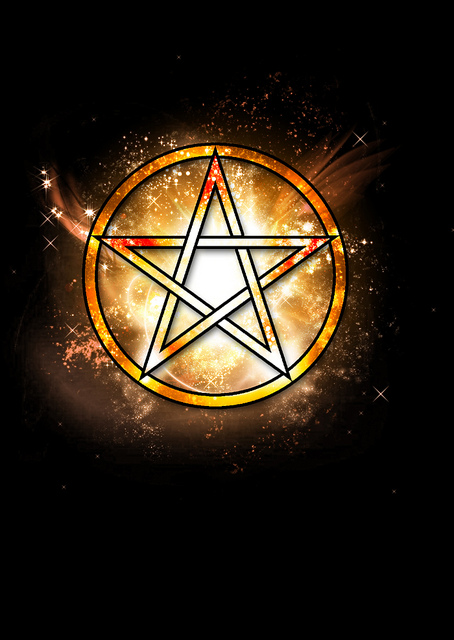
Halloween is almost here! And while you’d likely realize it if you bumped into a full-fledged werewolf or goblin on October 31st, you might not recognize when you’re standing next to a real life witch. Below are three reasons witches are harder to spot that you might think.
#1: Witches celebrate Halloween, but probably not in the way you imagine.
For many of us, Halloween is about the orange and black decorations, children and adults dressed up as zombies, mummies, superheroes, and the like, and lots and lots of candy.
For witches, however, this holiday has a far different meaning, with its own distinct rituals. Rituals that don’t involve the stereotypical hovering over a cauldron, and using hocus pocus to turn people into frogs.
Most Wiccans identify as witches, and are members of the pagan movement, which may have as many as one million followers in the US today. Halloween, or Samhain, is one of the most important dates in their calendar, and signifies the New Year. As such, many witches cast spells to welcome in health, prosperity, and love for the year to come.
Halloween is also a time to remember loved ones who have passed. Many witches will light candles to honor the dead, build an altar and offer food and wine to deceased ancestors, or lift windows to welcome in their spirits.
The “Feast of the Dead” typically involves a celebratory meal, with an extra setting at the table for the departed. Some witches will participate in a “dumb supper,” and wait in silence for the spirits to communicate. Because Samhain falls at a time when the veil between worlds is thinnest, it’s said to be easier to communicate with those who have passed to the other side.
#2: They probably won’t look like the Wicked Witch of the West.
Some witches don a black dress or robe for their rituals, but on a daily basis, many are not discernable based on their appearance alone. In fact, while Wicca continues to be one of the fastest-growing religions in the US, many of its practitioners are “in the broom closet.” After centuries of persecution in Europe and colonial America, some witches prefer to keep their practice private to protect their families, careers, and reputations.
#3: There’s no gender bias here: Men also call themselves witches.
That’s right. Male witches are not called warlocks, as you may have assumed. “Warlock” actually has a negative connotation, and is reserved for traitors to the coven. While three-quarters of American Wiccans are women, you would be incorrect to assume all witches are female. The religion is quite welcoming to the male gender, as pagans believe the universe is driven by forces that are equally male and female.
Given how fast Wicca is growing, it’s very likely you have already met a real witch, and just didn’t know it.
Contact Boston’s Top Psychic Today
Over the past 30 years, I have used my intuitive gifts to help my clients connect with their higher selves so they can live their best lives. If you’d like the help of a professional intuitive and want to book your Zoom or phone session, CLICK HERE.
